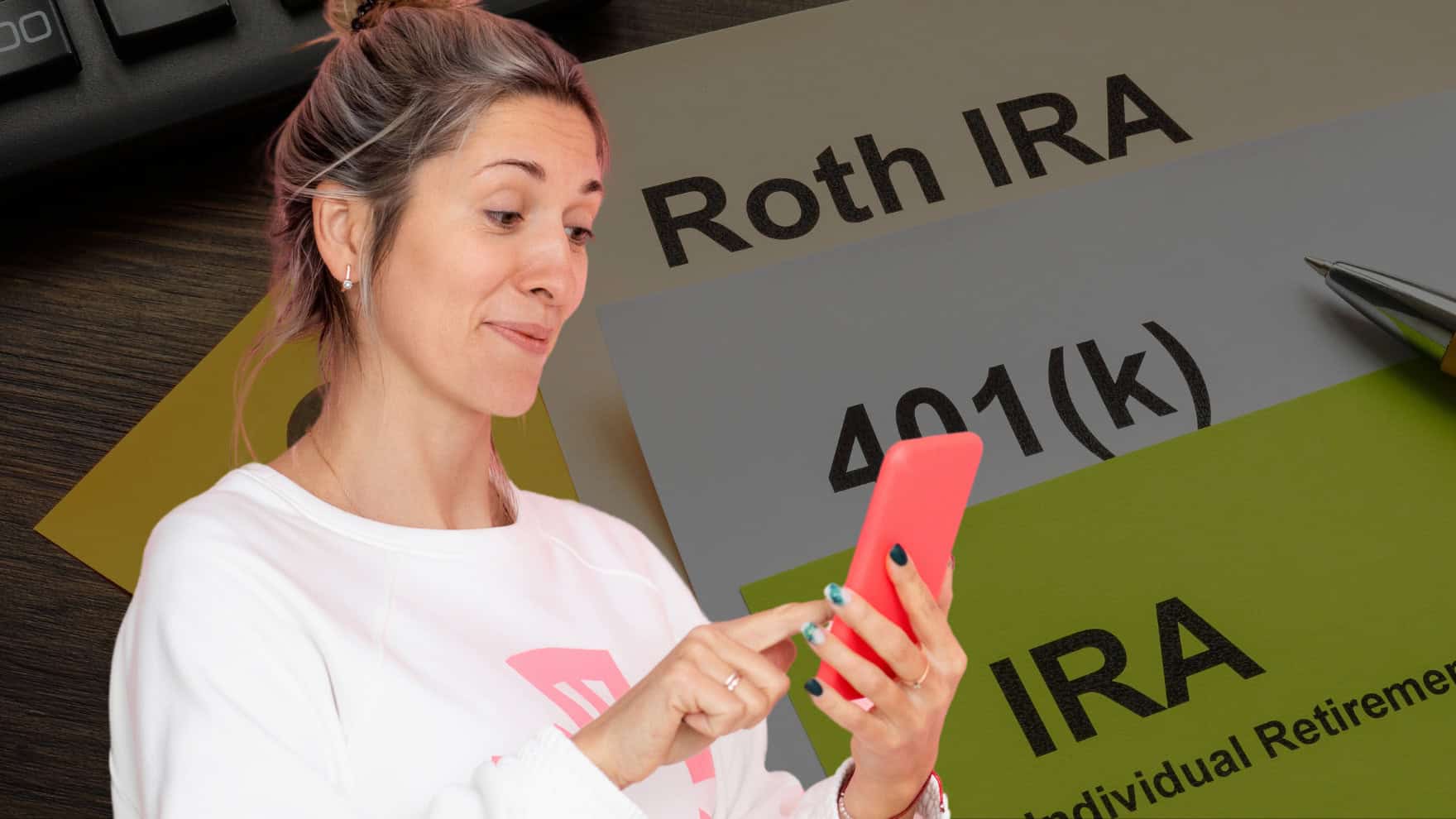Personal Finance
I've been maxing out my after-tax 401(k) and converting it to a Roth for 2 years — is this a good strategy?

Published:

Some 71 million workers have access to 401(k) retirement plans and they have saved $8 trillion toward their retirement. The program, which started in the late-1970s, has become one of the premier vehicles for individuals to ensure they have a comfortable lifestyle after quitting the rat race.
While the $23,000 contribution limit can be a difficult threshold to reach for the average worker, not only is it a simpler path for high wage earners, but it is not nearly enough. With an excess of funds available to defer to retirement, they have available to them other investment vehicles beyond a simple Roth IRA, as that only allows for $7,000 in after-tax contributions.
One of the often-utilized strategies is what is called a mega backdoor Roth conversion. That is where you max out your 401(k) contributions, but then place additional money into the plan with after-tax contributions up to a combined total of $69,000. The extra contributions are then rolled over into a Roth IRA account or, if your 401(k) plan allows, into a Roth 401(k) account.
Either must be done in the same year as the contributions are made and they are basically two sides of the same coin. The primary difference being where the money is held, either in an account you control or one within your company’s 401(k) plan.
This is the situation a Redditor on the r/fatFIRE subreddit find himself. He has been making mega backdoor Roth conversions for over two years, but was wondering whether putting the excess cash into a traditional brokerage account might be better since he would have more flexibility in using the funds or other investments such as real estate.
As there are a number of issues to consider, let’s look closer at the implications.
Now I’m not a financial planner, so these are just my opinions, but while a case can be made for a regular brokerage account, it is largely a weak one. Even though contributions are after-tax like the mega backdoor Roth and there are no early withdrawal penalties, you are subject to long-term capital gains taxes at the federal and local level, though a handful of states don’t tax capital gains.
By using a mega backdoor Roth conversion, the contributions themselves are tax-free when withdrawn, but any earnings on these contributions are taxable. If you roll over or convert these contributions to a Roth IRA, you’ll need to handle the earnings separately to avoid immediate taxation.
By using a Roth IRA, though, there are no Required Minimum Distributions (RMDs) in your lifetime and you have the ability to withdraw your contributions (not your earnings) at any time tax- and penalty-free.
The catch is that your 401(k) plan has to allow for in-service withdrawals or distributions of after-tax contributions as not all plans do. Yet not all 401(k) plans have a Roth 401(k) option. It is up to the employer or plan administrator whether one is available.
High-income wage earners have additional tools available to them to put away more money for their retirement. Taking full advantage of them can ensure you are able to live the comfortable, upscale lifestyle you are accustomed or aspire to.
Using a mega backdoor Roth conversion, whether to a Roth IRA or Roth 401(k), is generally a preferable strategy to putting the excess contributions into a regular taxable brokerage account. Since contributions to both are made with after-tax money, you might as well enjoy the tax-free growth you get from the conversion.
However, these are advanced retirement planning strategies so it is best to consult first with a financial advisor before taking any action. They can craft a personalized plan that fits your unique situation and offer guidance on the best ways to take full advantage of your options.
Start by taking a quick retirement quiz from SmartAsset that will match you with up to 3 financial advisors that serve your area and beyond in 5 minutes, or less.
Each advisor has been vetted by SmartAsset and is held to a fiduciary standard to act in your best interests.
Here’s how it works:
1. Answer SmartAsset advisor match quiz
2. Review your pre-screened matches at your leisure. Check out the advisors’ profiles.
3. Speak with advisors at no cost to you. Have an introductory call on the phone or introduction in person and choose whom to work with in the future
Thank you for reading! Have some feedback for us?
Contact the 24/7 Wall St. editorial team.